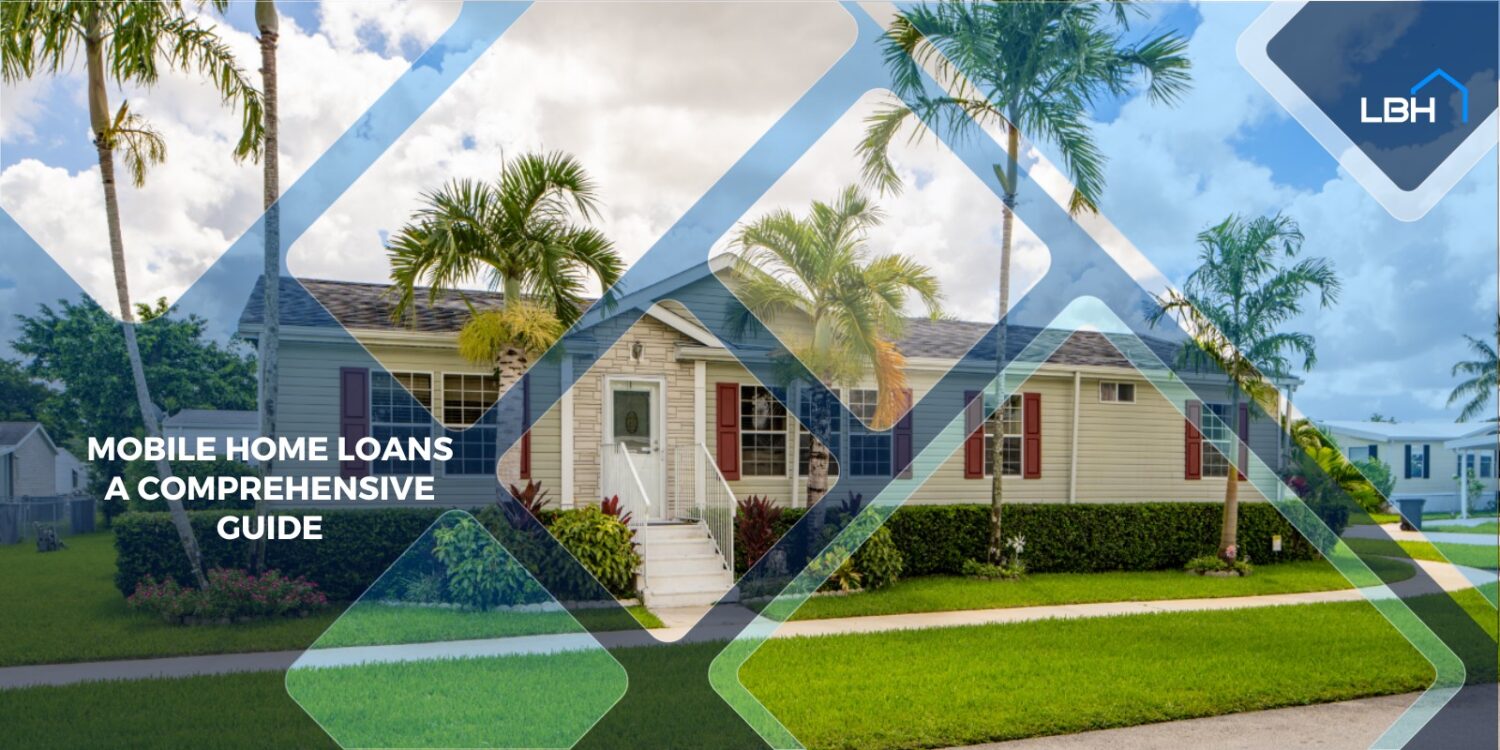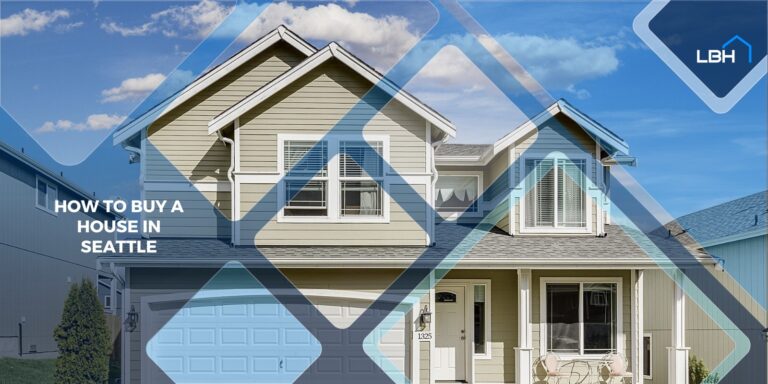Mobile homes are gaining popularity as a flexible and affordable housing solution in the U.S. However, securing financing for these homes can be a challenge, leading to the existence of specialized mobile home loans. These loans are designed to aid individuals in purchasing or refinancing their mobile homes.
Despite the higher interest rates, larger down payments, and shorter loan terms compared to traditional home loans, mobile home loans remain a viable option for those seeking cost-effective housing solutions.
In this article, we’ll discuss mobile home loans and their different types, cost, eligibility, and the application process. Let’s dive in!
Understanding the Basics of Mobile Home Loans
The terms manufactured homes, mobile homes, and modular homes may be collectively labeled as “mobile homes” due to their mobility from the factory to their final destination. However, this categorization is technically inaccurate. Let’s explore the difference:
What Is a Mobile Home?
A mobile home can be classified as a type of prefabricated dwelling that is meticulously crafted off-site and then transported to its designated location. Mobile homes are made from lightweight frames and materials, making them easy to transport to the site.
Notable features such as skids, wheels, and hitch are also incorporated to facilitate seamless towing to their final destination. Mobile homes are available in a diverse range of sizes and styles, spanning from compact single-wide units to expansive triple-wide models.
Their popularity as a cost-effective housing alternative is evident, particularly in rural areas where traditional housing options may be limited.
Distinguishing Manufactured, Mobile, and Modular Homes
There are common misunderstandings surrounding the terms mobile home, manufactured home, and modular home. The key distinction lies in their regulatory oversight. Both manufactured and mobile homes are subject to U.S. Department of Housing and Urban Development (HUD) regulations.
Per the HUD, a factory-built home constructed before June 15, 1976, is classified as a mobile home, while those built afterward, following the establishment of the HUD code, are termed manufactured homes.
Both mobile and manufactured homes share the characteristic of being prefabricated structures. They are assembled in a factory on a chassis permanently attached before being transported to their final location.
In contrast, a modular home adheres to the same building codes as a site-built home, setting it apart from the regulatory framework governing manufactured and mobile homes.
Characteristics and Advantages
- Mobile Homes
According to HUD standards, a home can only be deemed mobile if constructed before June 15, 1976, when HUD implemented building standards for manufactured homes.
Another significant distinction lies in the construction and transportation methods. Mobile and manufactured homes, unlike modular homes, are constructed on a chassis with wheels, enabling them to be towed to their destination.
This towing capability is why they are occasionally referred to as trailer homes. In contrast, modular homes are transported on truck beds rather than possessing their own chassis.
- Manufactured Homes
In both the industry and general usage, the terms, mobile home and manufactured home, are often used interchangeably. However, technically, manufactured homes must have been constructed after June 15, 1976, and must meet stringent standards established by HUD.
Present-day manufactured homes surpass their pre-1976 counterparts in durability, safety, strength, and eco-friendliness, thanks to these regulations and subsequent updates to the HUD code.
Manufactured home builders adhere to various guidelines, including the height of rooms and ceilings, which must be at least seven feet high. Certain room sizes, including those for single- and two-person bedrooms, are also regulated.
Additionally, HUD guidelines encompass safety requirements such as the placement of fire alarms in specific rooms, the use of fire-retardant materials, and standards pertaining to plumbing and electricity.
- Modular Homes
A modular home is another category within the prefabricated housing spectrum. It is distinct from mobile or manufactured homes due to its construction in multiple pieces, often transported to the home site in several shipments.
As the name implies, modular homes involve multiple modules assembled on-site to create the final home.
Since they are assembled on-site, modular homes adhere to all state, local, and regional building codes based on their ultimate destination.
The modular construction approach, combined with compliance with various building codes, provides greater flexibility in terms of size and design compared to manufactured homes.
The Cost of a Manufactured Home
Mobile homes stand out as an economical housing option for both individuals and families. According to the most recent data from the U.S. Census Bureau in November 2022, the average sale price of a new manufactured home across the nation was $125,200.
In comparison to a traditional house built on a foundation, mobile homes are notably more affordable. This substantial price difference underscores the financial advantages of choosing a mobile home, making it a compelling and budget-friendly housing alternative.
Analyzing Average Prices and Influencing Factors
Determining the average cost of mobile homes is a nuanced process that takes into account various factors. That’s why it’s essential to conduct thorough research on mobile home companies to identify reputable manufacturers offering quality builds at competitive prices.
Below, find out the factors that contribute to these costs and learn what to anticipate when planning a mobile home purchase:
- Size
The size of a manufactured home significantly affects its cost. According to the U.S. Census Bureau, the average cost of a manufactured home in 2020 was $57,700 for a single unit, spanning 784 square feet to 1,440 square feet.
For a smaller manufactured home, approximately 1,000 square feet, the average cost was $48,300. Conversely, for a larger double-wide property, encompassing around 1,700 square feet, the average cost increased to $109,300.
The selected manufacturer plays a crucial role in determining the overall cost of the home.
- Age of the Home
The cost of a manufactured home, whether new or older, is influenced by several key factors. For new homes, the square footage and desired amenities play a crucial role. A standard double-wide with a layout under 1,200 square feet typically falls within or below the $100,000 range.
However, if you’re looking for a more luxurious model resembling a traditional site-built home, complete with four bedrooms, two bathrooms, and spacious living areas, the cost could approach or exceed $200,000.
On the other hand, choosing an older home can offer potential cost savings. A well-maintained manufactured home that requires some cosmetic upgrades provides a budget-friendly option, allowing you to allocate funds for enhancing appliances and fixtures after moving in.
Additional Expenses in Manufactured Home Purchases
In addition to the actual house cost, buyers should also consider expenses related to land purchase or rental fees.
- Land Expenses
Land costs constitute a significant additional expense aside from the mobile home itself. Two options are available: buying a plot of land or leasing land in a mobile home park or similar community.
The cost of these options varies greatly, with rural areas generally offering more affordable land prices compared to urban and suburban areas.
- Foundation
There are different types of home foundation, resulting in a wide cost range. The cost of the foundation is influenced by factors such as materials used and additional features. Some types of foundation may include finished or unfinished basements or crawl spaces.
- Utility Hookups
Connecting to utilities can be expensive, especially in undeveloped areas, as you’ll be responsible for extending the utilities to your home and paying for the actual hookup.
According to Forbes, Americans’ average monthly spend on utilities is approximately $429.33 or $5,151.96 per year. It’s important to note that these figures represent a national average. Actual costs may vary significantly based on your specific location.
- Delivery and Setup
The cost of transporting a mobile home averages between $3,000-$9,000. Several factors contribute to these costs, starting with the size and weight of the home. Depending on these factors, multiple semi-trucks may be required for transportation.
Moreover, oversized loads may necessitate the use of escorts, and permits may need to be obtained. If the home is transported in separate sections, on-site reassembly will be necessary.
Once your mobile home arrives, it needs to be set up and assembled. Some manufacturers may charge a fee for the assembly process, adding to the overall cost of getting your home ready for occupancy.
- Taxes
The tax rate for a manufactured home is contingent on factors such as the state and whether the home is situated on owned land or rented space in a mobile home park.
In states like California and Oregon, the tax rate for manufactured homes closely aligns with those for traditionally constructed properties. It typically ranges between 0.72% and 0.98% for state and local taxes.
Similarly, in Arizona, Washington, and New Mexico, a manufactured home is treated as taxable property when placed on a permanent foundation.
- Insurance
Obtaining insurance to protect your mobile home is crucial. Factors such as weather damage, fire, and theft risks influence the insurance cost.
Moreover, reduced insulation in manufactured homes may lead to higher premiums, increasing susceptibility to issues such as frozen pipes.
Qualifying for Mobile Home Financing
Here’s what you need to know about the mobile home financing process and eligibility requirements:
The Loan Qualification Journey
The initial stage in securing financing for manufactured homes involves ensuring a favorable credit score and establishing a feasible budget. After determining the preferred type of housing and financing, it is crucial to confirm eligibility.
This includes considering the home and additional features like land, decks, foundations, or garages. Taking proactive measures to assess and enhance your credit rating and reducing outstanding debts is essential. Key factors influencing credit scores include the ratio of credit card balance to credit limit and record of timely payments.
Essential Criteria for Eligibility
When pursuing mobile home loans for purchasing or refinancing for manufactured homes, eligibility criteria extend to both the borrower and the property. Let’s look into the individual qualifications.
- Credit score: A minimum FICO® Score of 620 or higher is required.
- Debt-to-income ratio (DTI): Maintaining a DTI of 43% or less is generally advisable for eligibility across various mobile home loan options.
- Down payment or equity amount: For purchasing a manufactured home or a rate/term refinance with mobile home loans, a minimum down payment of 5% is necessary.
- Title: The title must demonstrate the combination of both land and home, converted to real property.
- Foundation: The home must be on a permanent foundation, requiring the removal of the towing hitch, wheels, and axles.
- Age of the home: To qualify for a mobile home loan, the manufactured home must have been produced on or after June 15, 1976.
Exploring Home Loan Types for Manufactured Homes
Navigating manufactured home financing can be overwhelming due to the multitude of financing options available. Continue reading to explore loans applicable to manufactured homes.
Conventional Loans
Conventional mortgages are the most prevalent type of mortgage, offering versatility while having distinct borrower requirements. In general, eligibility for a conventional mortgage starts with a minimum credit score of 620 and a DTI of up to 50% may be accepted.
With a conventional mortgage, these are the requirements:
- Down payment: You can secure a home with as little as a 3% down payment for first-time homebuyers or 5% if you’re already a homeowner.
- Credit score requirement: A minimum credit score of 620 is essential for qualification.
- Private mortgage insurance (PMI): If your down payment is at least 20%, you can avoid PMI. However, a down payment below 20% will necessitate PMI. Conventional loans often offer lower mortgage insurance rates compared to alternatives like FHA loans.
Government-Backed Loans
Government-backed loans are insured by key government agencies, including the Federal Housing Administration (FHA), Veterans Affairs (VA), and the United States Department of Agriculture (USDA).
FHA Loans
FHA loans present accessible pathways to homeownership. These loans enable the purchase of a home with a credit score as modest as 580, requiring a down payment of 3.5%.
Additionally, for those with a credit score as low as 500, a home purchase remains feasible with a minimum down payment of 10%.
USDA Home Loans
USDA loans come with distinct advantages. These loans feature lower mortgage insurance requirements compared to FHA loans and may enable you to purchase a home with no down payment.
However, eligibility for a USDA home loan hinges on meeting income requirements and selecting a home in a qualifying suburban or rural area.
VA Loans
VA Loans facilitate the purchase of a home with a $0 down payment and generally come with lower interest rates compared to many other home loan types. Qualification for a VA loan is contingent on meeting service requirements in the Armed Forces or National Guard.
Chattel Loans vs. Personal Loans: Usage and Differences
Chattel loans are designed for movable properties. These loans often come with lower fees compared to personal loans, but they do not cover land expenses.
Essentially, these loans require collateral, and defaulting on a chattel mortgage allows the creditor or lender to seize and sell the financed property to settle the loan, potentially resulting in home loss during financial challenges.
Once the chattel mortgage is paid off, ownership of the property is transferred.
In contrast, personal loans do not require collateral and are accessible through various financial institutions. Mobile homes classified as vehicles or personal property qualify for personal loans.
However, personal loans may offer limited financing and typically carry higher interest rates.
Applying for a Manufactured Home Loan
Obtaining a mortgage for a mobile home involves a unique process. Read on to learn about the application process:
Step-by-Step Loan Application Guide
- Research mortgage options: Assess your financial situation, credit score, and specifics of the manufactured home. Different loans, such as FHA, VA, conventional, or chattel, are available to meet different financial scenarios.
- Determine land ownership: Decide if you’re buying land or renting a plot. Owning the land, removing the axle and wheels, and having a permanently affixed home may increase financing options.
- Prepare application documents: Gather proof of income, employment verification, asset and liability details, and credit report. FHA or VA loan applications may require additional documentation.
- Obtain rate quotes: Get quotes from multiple lenders to find the best terms and rates. Keep in mind that too many credit inquiries can impact your credit score, so conduct rate shopping within a short timeframe.
- Submit application: File your application. Lenders will assess your creditworthiness, manufactured home value, and proposed down payment before approving the loan.
Financing Challenges and Considerations
Successfully managing financing obstacles for mobile homes is essential, given the distinctive considerations and challenges associated with this housing type.
Navigating Financing Challenges for Mobile Homes
Here are handy tips to help you navigate financial challenges for mobile homes:
- Stay updated on mobile home financing regulations for a smooth process.
- Identify lenders experienced in mobile home financing for tailored solutions.
- Determine if the mobile home is on leased land or owned outright.
- Evaluate your credit score and financial position for improved loan approval odds.
- Explore various down payment options and understand their impact on the loan terms.
- Study different interest rates for mobile homes and scrutinize loan terms.
- Investigate assistance programs supporting mobile home financing.
- Consult with experts in mobile home financing for valuable insights.
Understanding Interest Rates and Loan Approval Odds
The interest rate depends on factors like credit score, home loan type, market conditions, term, and down payment.
A higher credit score, stable income, positive debt-to-income ratio, and substantial down payment positively impact both the interest rate and likelihood of loan approval.
Thoughtful evaluation of these elements ensures informed decision-making and increases the chances of obtaining favorable financing terms for mobile home ownership.
Weighing Pros and Cons of Manufactured Homes
While mortgages for mobile homes can simplify the path to homeownership, it’s crucial to weigh both their advantages and disadvantages before proceeding.
Advantages of Manufactured Homes
Manufactured homes present several benefits. They are often more affordable than traditional stick-built homes, making homeownership accessible to individuals who might otherwise struggle to afford it.
Various loan options, specifically tailored for manufactured homes, offer competitive interest rates and more flexible credit requirements than conventional mortgages.
Another advantage is the flexibility in home placement — whether you own the land or opt to rent a lot in a manufactured home community, financing options are available to accommodate diverse preferences.
Disadvantages of Manufactured Homes
Conversely, there are drawbacks to keep in mind. A significant downside is that manufactured homes may depreciate in value over time, unlike traditional homes, which usually appreciate.
This depreciation can pose challenges in building equity or selling the home for a profit in the future. Furthermore, certain lenders view manufactured homes as riskier, resulting in higher interest rates and stricter credit requirements compared to traditional homes.
Zoning regulations and homeowners association rules may also limit the placement options for manufactured homes, constraining the flexibility in choosing a location.
Get Into Home Ownership With a Mobile Home Loan
Manufactured home loans offer a practical solution for individuals with budget constraints or those seeking flexibility in homeownership. Collaborating with mobile home mortgage professionals can help you secure optimal terms for your manufactured home loan, turning your homeownership dreams into reality.













